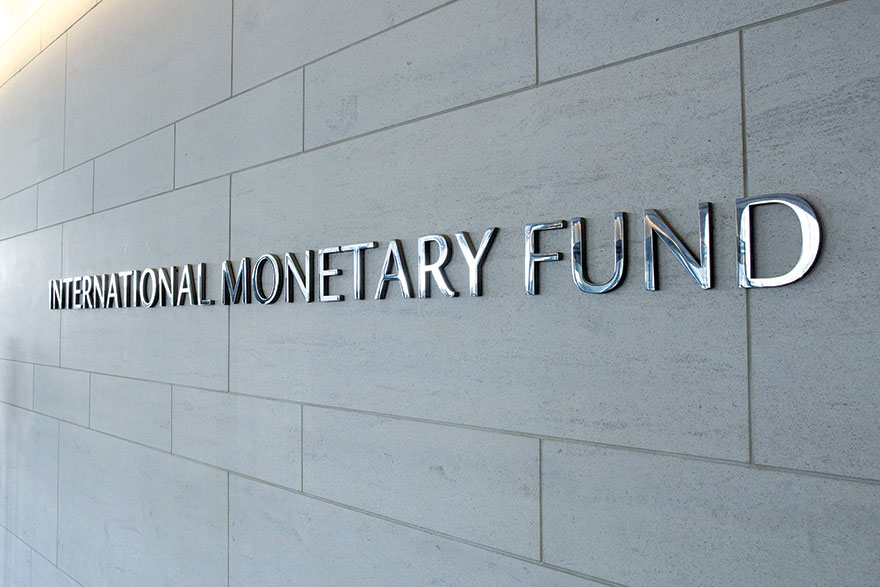Serbian Minister of Finance Siniša Mali held a final meeting with a mission of the International Monetary Fund (IMF) led by Jan Kees Martijn, which was in Belgrade for the second revision of the current arrangement with Serbia.
The aim of the arrangement is to further implement structural reforms and maintain macroeconomic and financial stability.
Following the second revision of the arrangement, it was concluded that Serbia has managed well with the crisis caused by the Covid-19 pandemic, and that it is now important to maintain macroeconomic and fiscal stability, especially in the highly unpredictable conditions caused by global events.
Speaking about the current arrangement, Mali pointed out that a large number of goals had been met and that it was important to continue with structural reforms, especially concerning public companies. The most important of these are reforms in the energy sector, so we can be ready for next winter and ensure efficient management in those companies.

Concerning other reforms, reform of the Tax Administration will be continued, among which the project of e-fiscalization is extremely important, which means that from 1 May all taxpayers will have new fiscal devices.
They will be connected to the Tax Administration in real time, which will greatly contribute to the fight against the grey economy. The e-invoice project is also important, and will be mandatory for the public sector from 1 May.
The topic of the visit was the new Iskra system for calculating salaries in the public sector, which will completely put order in the system of public salaries, one of the reform goals.
It was judged at the meetings that the inflow of foreign direct investment has held up well, and in particular that talks with large investors are currently underway, an excellent indicator of the state of our economy.
The Minister also referred to our country’s macroeconomic indicators, stating that Serbia ended last year with growth of 7.4%, that unemployment in the fourth quarter of 2021 was 9.8%, the same level as before the pandemic, and that public debt is under control.
He also said that current capital investment has significantly contributed to economic growth, and that the construction of ten motorways and fast roads is in progress, along with investment in health care and the Green Agenda.
In June last year, Serbia signed a new advisory arrangement with the IMF, the Policy Coordination Instrument (PCI), which will last until the end of 2023. The arrangement is of an advisory nature, which means that it does not include financial support.
Photo: mfin.gov.rs